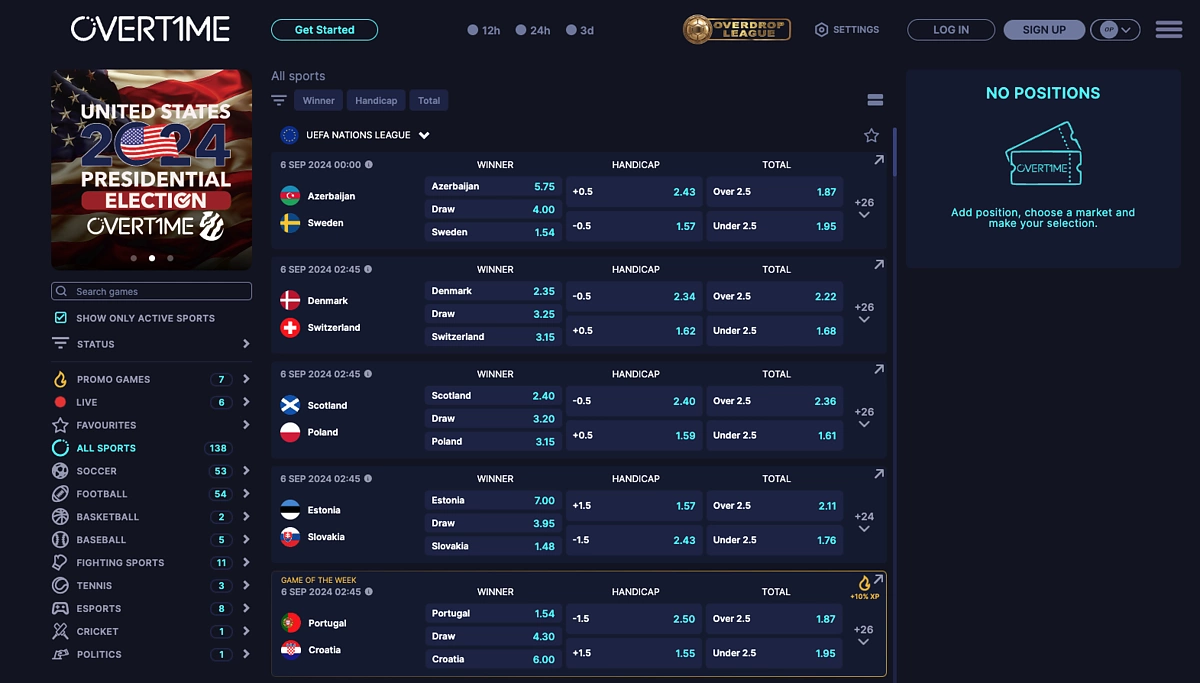Bright Insights Hub
Your go-to source for the latest news and information across various topics.
Betting Models in the Crypto Jungle: Navigating the Wild Odds
Unleash your winning strategies in the crypto betting jungle! Discover expert models to conquer wild odds and transform your bets now!
Understanding Betting Odds in Cryptocurrency: A Beginner's Guide
Understanding betting odds in cryptocurrency is essential for anyone looking to embark on this exciting venture. Just like traditional betting, cryptocurrency betting involves predicting the outcome of an event, but with the added layer of digital currencies. For beginners, it's crucial to grasp the concept of odds, which represent the likelihood of a specific outcome. These odds can vary widely from one platform to another, so it's advisable to compare different sites for the best deals. Here’s a simple way to interpret betting odds:
- Decimal Odds: The total payout (stake + profit) per unit staked.
- Fractional Odds: The profit relative to the stake.
- Moneyline Odds: Indicates how much you can win or need to stake.
Once you have a solid understanding of the different types of odds, you can start placing your bets. It's important to recognize that betting odds can fluctuate based on various factors, including market sentiment and player performance. Additionally, remember to do your homework: research the events and the teams or players involved. The more informed you are, the better your chances of making successful bets. In this quick guide, we will explore more about how to manage your bankroll while betting on cryptocurrency, ensuring a more sustainable and enjoyable experience.

Counter-Strike is a highly popular first-person shooter game that has garnered a massive following since its inception. Players can engage in various game modes, combining strategy and teamwork to defeat opponents. If you're looking to enhance your gaming experience, don't forget to check out the csgoroll promo code for some exciting bonuses!
The Role of Predictive Models in Crypto Betting: How to Make Informed Decisions
In the rapidly evolving world of cryptocurrency betting, predictive models play a crucial role in helping bettors make informed decisions. These models utilize advanced algorithms and historical data analysis to forecast potential outcomes and trends in crypto markets. By leveraging techniques such as machine learning and statistical analysis, users can identify patterns that may not be immediately obvious. This helps bettors to assess risks more accurately and enhance their chances of success, ultimately shaping the way they approach betting strategies.
Implementing these predictive models requires a solid understanding of both the underlying technology and the betting landscape. For instance, bettors should consider utilizing data visualization tools that translate complex data into digestible insights, allowing for easier decision-making. Furthermore, by integrating feedback loops and continuously refining their models based on real-time data, bettors can adapt to fluctuating market conditions. Ultimately, the strategic use of predictive models not only improves the betting experience but also empowers users to make well-informed choices in a volatile market.
Can You Trust Automated Betting Models in the Crypto Market?
The rise of automated betting models in the crypto market has sparked considerable debate among enthusiasts and traders alike. Many investors are turning to these algorithms to optimize their betting strategies, leveraging the capabilities of technology to analyze vast amounts of data. However, the question remains: can you truly trust these models? While they offer the advantage of speed and efficiency in decision-making, their effectiveness largely depends on the quality of the underlying algorithms and the data they utilize. Furthermore, it's essential to consider factors such as market volatility and external influences, which can significantly impact the results generated by these models.
Moreover, there are inherent risks involved with reliance on automated betting models. For instance, these systems often operate based on historical data and trends, which may not accurately predict future movements in the unpredictable crypto market. Additionally, traders should be cautious of overfitting—when a model is too closely tailored to past data, it may fail to respond adequately to new market dynamics. As such, while automated models can enhance your betting strategies, they should not be viewed as infallible. It is crucial to supplement their output with personal judgment and ongoing market research to ensure a balanced approach.